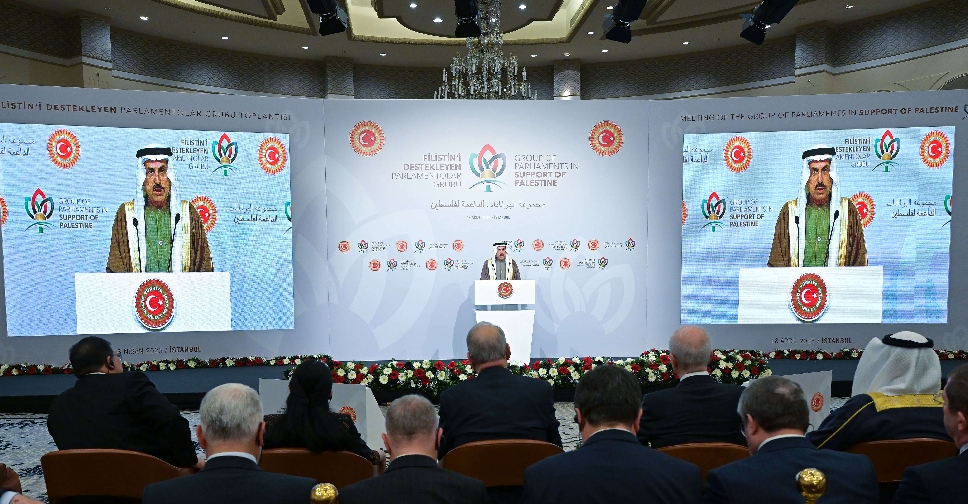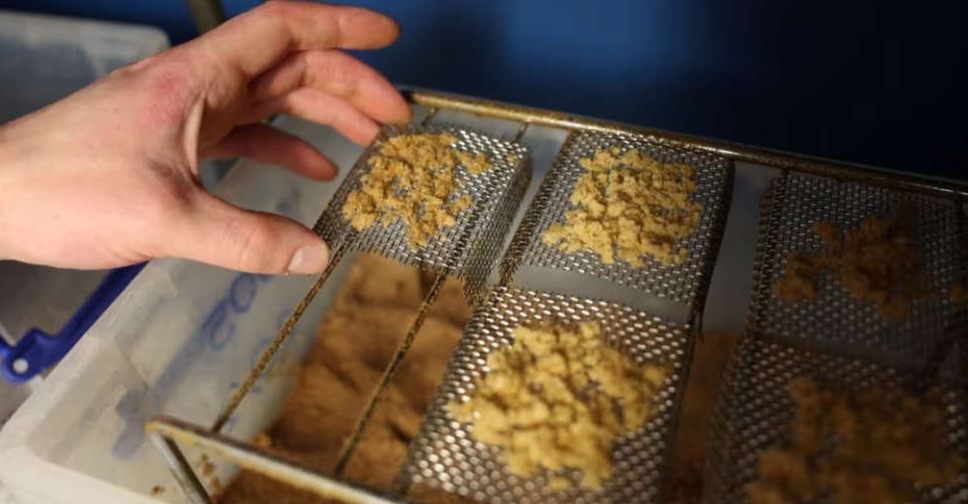
Buzzing underneath a set of railway arches in central London are hundreds of thousands of little flies, showcasing insect-farming technology that could help fight climate change.
At its research centre, eight-year-old startup Entocycle is aiming to show how the process of turning protein-rich bugs into food for chickens and pigs could be adopted on a large scale.
The flies themselves feed on almost any food waste and are better for the planet than traditional animal foods such as soy, which have a much higher carbon footprint, explains founder and chief executive Keiran Whitaker.
"We cut down rainforests to produce soy, we overfish the oceans to catch fishmeal, and then they get turned into protein feed that gets shipped all over the world again to feed the animals," he says. "It's incredibly unsustainable."
Insect protein has become a popular alternative in recent years across agriculture and aquaculture as demand for animal feed surges, with companies including US food giant Cargill adopting the use of insect feed.
Entocycle, which Whitaker expects will become profitable later this year, aims to bring an industrial-level efficiency to insect farming, designing hardware that includes precise measuring devices, robotic arms and a temperature-controlled setup for breeding insects.
With the rumble of trains overhead, engineers and biologists in white lab coats are preparing for a significant expansion of Entocycle's research centre over the coming weeks.
BUG BUSINESS
At the heart of the effort is the humble and tiny black soldier fly, widely recognised for its potential to help fight climate change by being a more environmentally friendly protein source.
"It is the quickest, cheapest, most sustainable insect to farm and it's a non-disease, non-pest species found all over the world," Whitaker says of the insect, which gets turned into packagable protein during its wriggly, worm-shaped larva phase.
Most of the reared black soldier flies at its London centre become insect protein.
But a small proportion are bred in a humid insectary, where they will chomp for days on food waste — organic matter derived from out-of-date sandwiches to barley discarded by local breweries — before laying hundreds of eggs, enabling the cycle to continue.
British entomologist George McGavin, who calls the black soldier fly the superstar of the edible insect industry, says insect farming can help produce "seriously large amounts of protein" in a small space and in very little time.
"Insect farming actually offers a very viable alternative — and one which is efficient, relatively easy to do, and without any ecological risks that I can see," McGavin says.

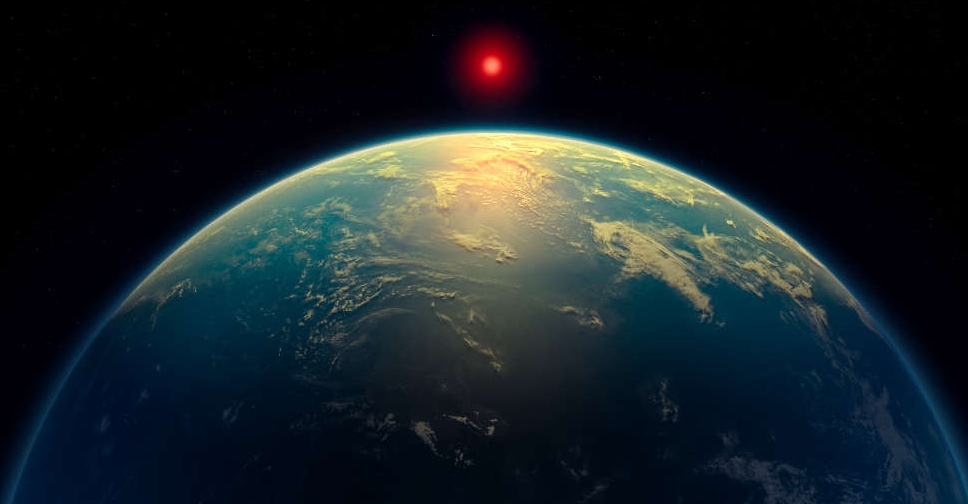 Scientists find strongest evidence yet of life on an alien planet
Scientists find strongest evidence yet of life on an alien planet
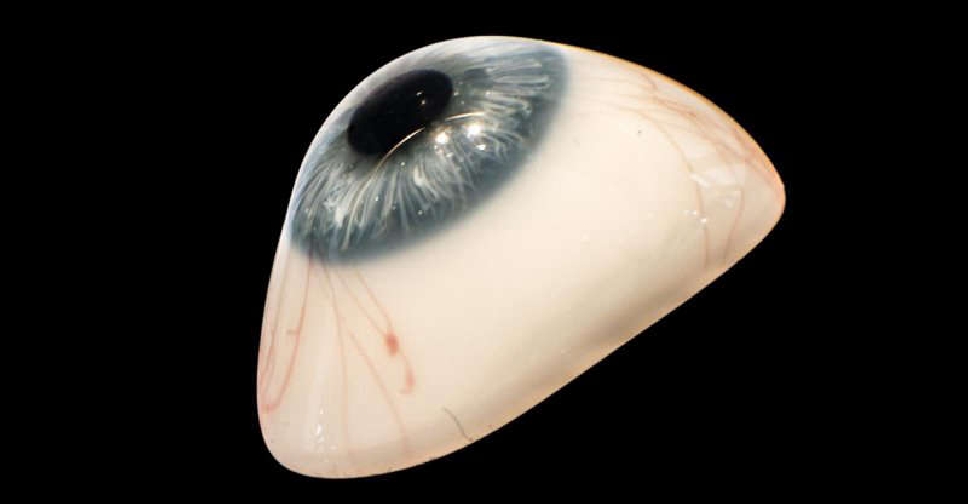 Unclaimed luggage firm finds 'Goonies' script, Rolex, glass eye
Unclaimed luggage firm finds 'Goonies' script, Rolex, glass eye
 LeBron James becomes first male athlete with Ken doll
LeBron James becomes first male athlete with Ken doll
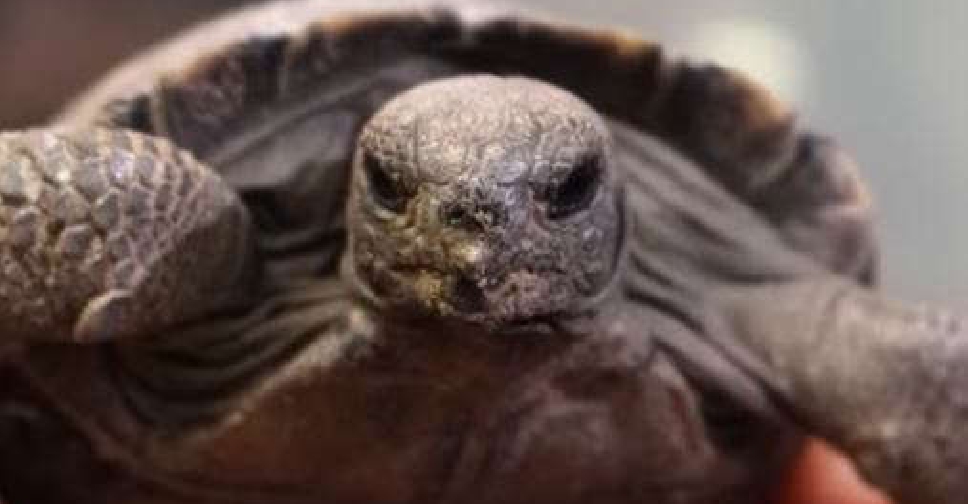 Galapagos tortoises become first-time parents aged 100
Galapagos tortoises become first-time parents aged 100
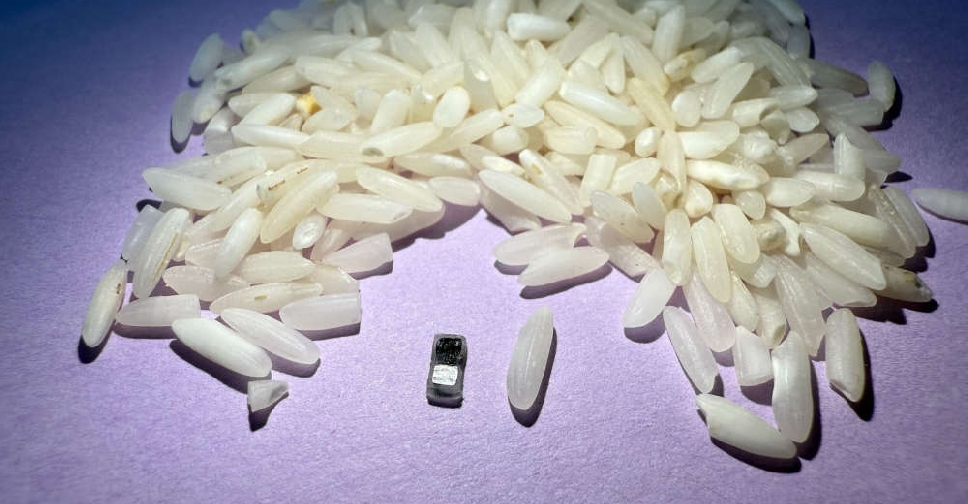 Scientists develop world’s smallest injectable, dissolvable pacemaker
Scientists develop world’s smallest injectable, dissolvable pacemaker


